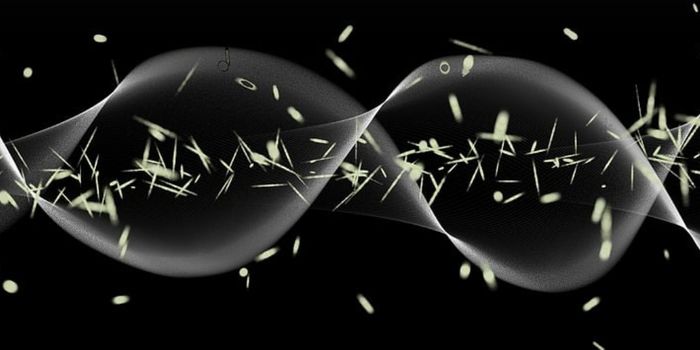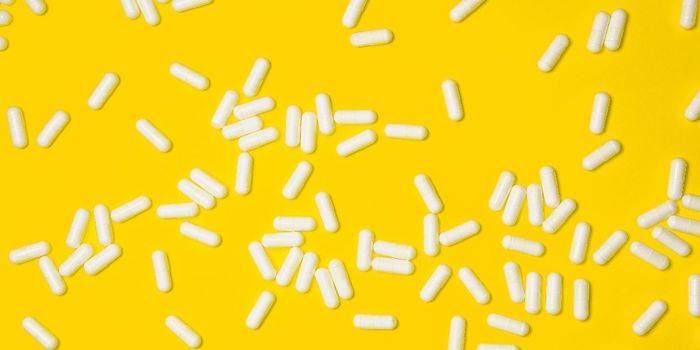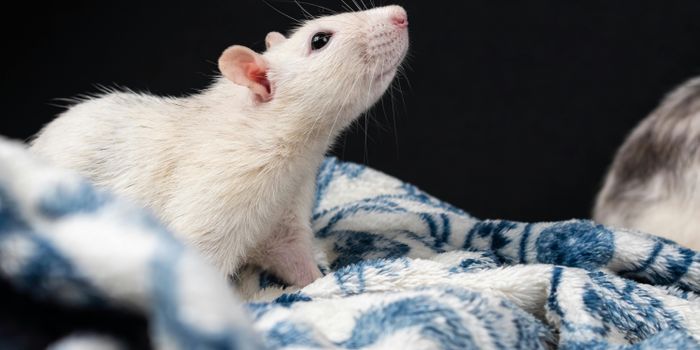Like Humans, Rats Help Friends Before Strangers
Just like humans, rats tend to help members of their own social group before strangers. The findings may help researchers study similar social biases in humans. The paper was published in eLife Sciences by an international collaboration of researchers.
"Humans, as well as many other creatures, are biased toward helping other members of their social groups over individuals they view as outsiders, and this can have a negative impact in diverse societies where different groups need to cooperate in order to thrive," says Inbal Ben-Ami Bartal, a first author of the study. "Understanding the brain mechanisms underlying these biases is essential to finding ways to eliminate them."
For the study, the researchers gathered over 60 pairs of caged rats and monitored them for two weeks. While some rats were from the same strain, others were not. In each case, one of the rats was trapped inside a transparent cylinder while the other roamed free. The researchers observed the rats to see whether being from the same group influenced their desire to help their trapped counterpart.
In the end, the researchers found that while all free-roaming rats would show some signs of empathy to those who were trapped, they would only work to free them if they were a part of the same group.
To understand why this was the case, the researchers used fiber photometry, immunohistochemistry, calcium imaging, and other diagnostic tools. In doing so, they found that a brain network related to empathy was activated upon seeing any peer- not just one from the same group- in distress.
However, the network related to reward signaling was only activated when in-group members were in distress. Activation of this network was correlated with helping behavior.
"We've provided the first evidence for a common biological mechanism driving empathic helping behaviors in humans and rats in response to the distress of friends," concludes senior author of the study, Daniela Kaufer. "Our results lay the groundwork for future studies to better understand the brain activity involved and why it causes us to choose helping some people over others."
Sources: eLife Sciences, EurekAlert, Berkeley News









